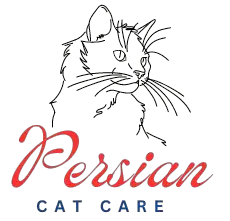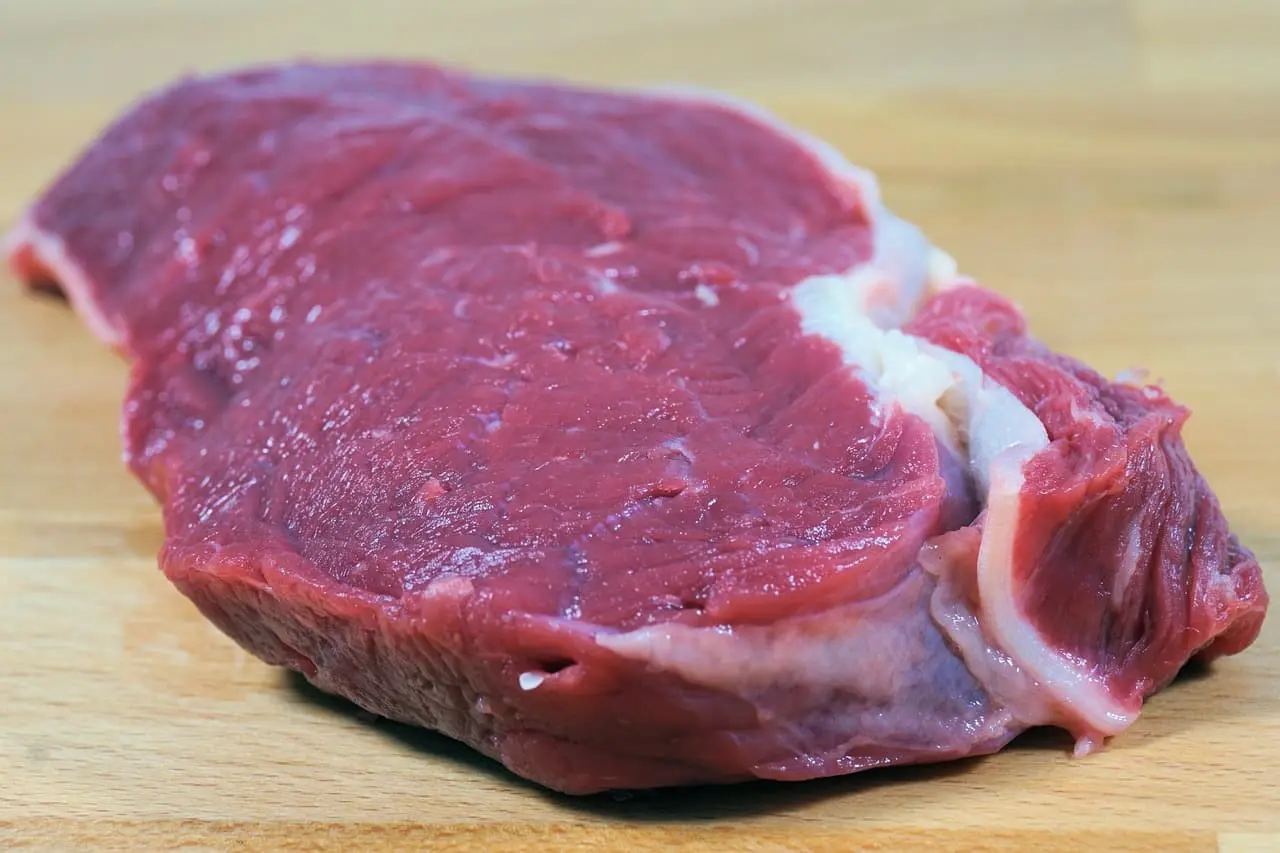As devoted pet parents, we strive to provide the best for our feline companions. However, when it comes to their diet, confusion often arises. Among the many questions asked, one stands out: can Persian cats eat beef?
Persian cats, with their luxurious coats and regal demeanors, require a diet tailored to their specific needs. Among the various dietary options available, beef stands out as a potential protein source for these majestic felines.
In this comprehensive guide, we’ll delve into the intricacies of feeding beef to Persian cats, covering everything from choosing the right meat to understanding its impact on feline health.
Choosing Meat for Persian Cats
Which meat is good for Persian cats?
When selecting meat for Persian cats, it’s crucial to prioritize quality and nutritional value. opt for lean cuts of meat that are free from additives, preservatives, and excessive fat. Additionally, consider the source of the meat to ensure it meets high standards of safety and hygiene.
Is beef good for Persian cats?
Beef can be a suitable protein option for Persian cats when incorporated into a balanced diet. Rich in essential nutrients such as protein, iron, and B vitamins, beef provides valuable nourishment for feline health and well-being.
Do Persians eat red meat?
Persian cats are carnivores by nature, and their ancestral diet primarily consists of meat. While they may not consume red meat in the wild, domesticated Persians can benefit from the protein and nutrients found in beef.
What can Persian cats eat?
In addition to beef, Persian cats can consume a variety of other meats, including poultry, fish, and lamb. It’s essential to offer a diverse range of protein sources to ensure they receive all the essential nutrients necessary for optimal health.
Feeding meat to Persian Cats
Can Persian cats eat cooked meat?
Yes, Persian cats can safely consume cooked beef as part of their diet. Cooking meat helps eliminate harmful bacteria and pathogens, reducing the risk of digestive issues or foodborne illnesses in felines.
Can Persian cats eat meat?
Absolutely! Meat is a fundamental component of a Persian cat’s diet, providing essential protein for muscle development, energy, and overall health. However, it’s essential to feed them a balanced diet that includes a variety of protein sources.
Can I feed my Persian cat raw meat?
While some cat owners opt for a raw food diet, feeding raw meat to Persian cats carries potential risks, including bacterial contamination and nutritional imbalances. It’s crucial to consult with a veterinarian before introducing raw meat into your cat’s diet.
Is beef safe for Persian cats?
When sourced from reputable sources and prepared properly, beef is generally safe for Persian cats to consume. However, it’s essential to monitor portion sizes and ensure that beef is served in moderation to prevent dietary imbalances.
How much beef can Persian cats eat per day?
The amount of beef a Persian cat can safely consume depends on various factors, including their age, weight, and activity level. As a general guideline, beef should comprise no more than 25-30% of their daily caloric intake.
Persian Cat Diet and Beef
Persian Cat Diet: Incorporating Beef
Incorporating beef into a Persian cat’s diet can provide valuable nutritional benefits, including essential amino acids, vitamins, and minerals. However, it’s essential to balance their diet with other protein sources to ensure they receive a diverse array of nutrients.
Benefits and Risks of Feeding Beef to Persian Cats
| Benefits of Beef for Persian Cats | Risks of Feeding Beef to Persian Cats |
|---|---|
| Beef provides complete protein, essential for muscle growth and repair. | Some Persian cats may be allergic to beef, leading to digestive issues or skin problems. |
| Beef is rich in iron, zinc, and B vitamins, promoting overall health and vitality. | Overfeeding fatty cuts of beef can lead to obesity in Persian cats, resulting in various health issues. |
| Raw beef carries the risk of bacterial contamination, posing a health hazard to cats. |
Introducing Beef to Persian Cats
When introducing beef into your Persian cat’s diet, it’s essential to proceed with caution. Start by offering small amounts and gradually increase the portion size over time. Monitor your cat’s response and consult with a veterinarian if any issues arise.
The impact of beef on Persian cat health
Feeding beef to Persian cats can positively impact their health by providing essential nutrients for growth, maintenance, and vitality. However, it’s essential to maintain a balanced diet and monitor their overall health and well-being.
Guide to feeding beef to Persian cats: Tips and Facts
To ensure the optimal health and well-being of your Persian cat, follow these tips when feeding beef:
- Choose lean cuts of beef to minimize fat intake and reduce the risk of obesity.
- Cook meat thoroughly to eliminate harmful bacteria and ensure it’s safe for consumption.
- Monitor portion sizes to prevent overfeeding
- Supplement beef with other protein sources for a balanced diet.
FAQs about Beef and Persian Cats
Can Persian kittens eat beef?
Yes, Persian kittens can eat beef as part of a balanced diet. However, it’s essential to ensure that the meat is cooked thoroughly and served in appropriate portion sizes to meet their nutritional needs.
Can I Feed Raw Meat To Persian Kittens?
Feeding raw meat to Persian kittens is not recommended due to the risk of bacterial contamination and potential health issues. It’s best to consult with a veterinarian for advice on suitable dietary options for young cats.
Can Persian cats eat beef organs, such as liver or kidney?
Beef organs, such as liver or kidney, can be included in a Persian cat’s diet in moderation. These organs are rich in essential nutrients, including vitamins and minerals, which can contribute to overall feline health.
Can Persian cats eat beef bones?
Feeding beef bones to Persian cats is not recommended, as they pose a choking hazard and can cause dental issues or gastrointestinal blockages. It’s safer to offer alternative chew toys or treats designed specifically for feline consumption.
Conclusion:
In conclusion, beef can be a valuable addition to the diet of Persian cats, offering essential nutrients and variety. However, it’s crucial to introduce beef gradually, monitor portion sizes, and ensure it’s cooked thoroughly to prevent digestive issues and bacterial contamination.
While Persian cats can safely eat beef, it should be part of a balanced diet that includes other protein sources, fruits, vegetables, and cat food. Owners should also consult with their veterinarian for personalized dietary recommendations.
By following these guidelines and providing proper care, Persian cats can enjoy the benefits of beef as a nutritious and tasty component of their diet. So, can Persian cats eat beef? Yes, they can, but it’s essential to do so responsibly and in moderation to maintain their health and well-being.


1 thought on “Feeding Meat to Persian Cats: A Comprehensive Guide:”